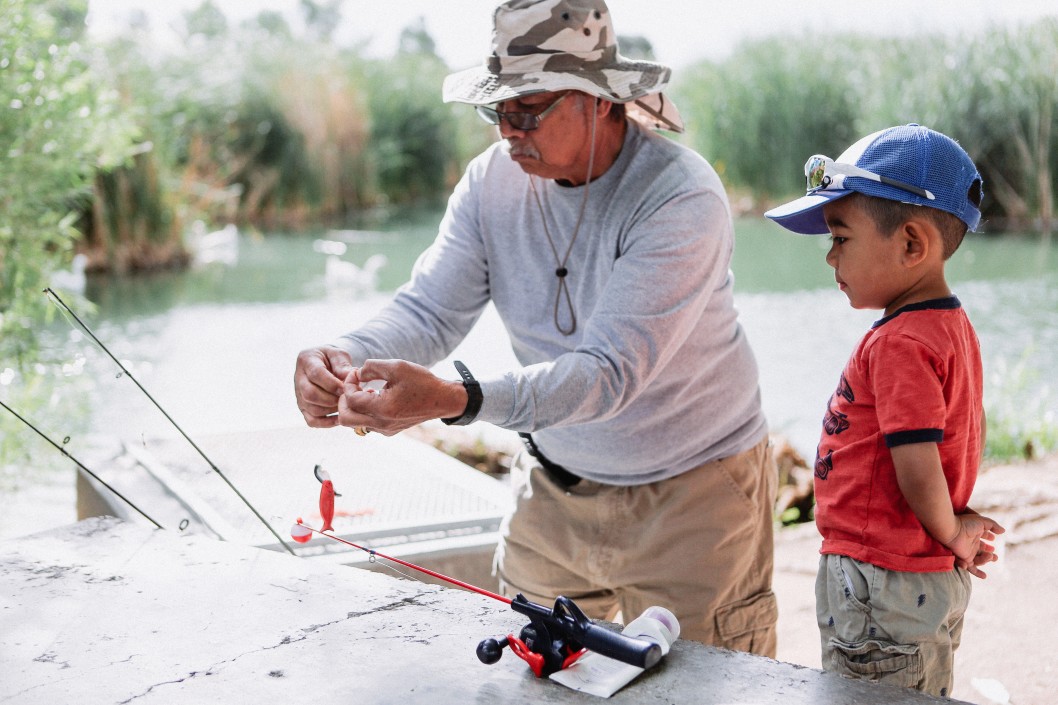Leaving a legacy: A simple approach for older adults
by Katie Wright | Dec 14, 2021 | Family caregiving | 0 Comments

As I write, we’re nearing the winter solstice and the end of the year.
Like many of you, I look back on the last several months and think about what I did. And what was on my to-do list but never quite got done.
For me, December is a time of reckoning. Getting my affairs in order. I’d like to have the year wrapped up so the new year can feel like a fresh start. Somehow the older I get the more important this becomes.
This year something a little different has been on my mind — my legacy.
And if I even have one.
And if it’s up to me to say what it is.
My curiosity sparked, I’ve been searching for definitions and examples. I even looked for some how-to guidelines on creating a legacy. I thought about people I know — friends and family — along with people whose legacies are famous for their impact on humanity.
I’ve been pleasantly surprised. What I’m learning is that legacy is actually very simple. Each of us, old or young, is already creating one.
And the beauty of it is this. Your legacy is as pure and elegant as the life you’ve lived every day. It needn’t be more.
You don’t have to invent a life-saving device or endow a university chair in order to leave a legacy.
What is a legacy?
It can be many things:
- a gift or inheritance;
- a tradition (read this recent SeaCare blog that mentions the importance of family traditions for the holidays);
- a favorite pastime shared with others;
- a history, account, or family story; or
- a creation, invention, or endowment that impacts the lives of others.
Your legacy is kind of like a footprint. It’s uniquely yours, created by what you do every day, and you leave it behind wherever you go.
Your legacy characterizes your life. It reflects your values, how you raise your family, and how you exist in your community.
Your legacy comes from the way you think about your civic responsibility.
- A retired couple I know serves on the boards of a handful of social service agencies. Both worked in the mental health business for years and understand the importance of continuing their work by giving back.
- A book club friend is very active in Grandmothers Against Gun Violence. She’s informed, vocal, and passionate about making a difference.
Your legacy is made up of your enthusiasm for experiences you enjoy. It’s based on your interests and what you love talking about.
- My older brother has been a water skiing enthusiast all his life. At the age of 76 he still participates in masters’ competitions. He’s turned his love of the sport into helping young competitors with their technique and performance.
- My partner’s son is drawn to all things related to fishing, especially the community aspect of it. He generously gathers friends to join him as he brings in a seasonal bounty of Dungeness crab, spot prawns, lingcod, and more.
- A dear friend was born and raised in Brooklyn. She has marvelous accounts about her upbringing, the neighborhood, the influence of her Jewish community, and some of the famous people her father (who worked as a security guard) met during the course of his work. She’s a storyteller, one of the best I know.
Your legacy is built on your unique brand of intelligence. You may be mathematically inclined, linguistic, musical, or have spatial, bodily-kinesthetic, or intrapersonal intelligence, for example. Your natural capabilities might inform the career you choose and your interests outside of work as well.
- My mother was a commercial artist whose aesthetic tastes influenced everything from the clothes she wore to the music she favored to the colors she chose (and frequently changed) in our house. Museums, musicals, and art festivals were her cup of tea. While none of her four children were as passionate about the arts, every one of us felt her influence in the choices we made.
- A long-time friend married an Austrian farmer whose ability to grow things and create landscapes and structures seems to spring from a naturalistic intelligence. His ability to work in stewardship with the environment by using a perma-culture technique has made him a farming authority and a beloved vendor at their outdoor market near Salzburg.
Ways to leave your own legacy
As I thought about the people I know and their legacies, I came to the conclusion that most of us probably would not identify our legacy as a legacy. Most of us don’t set out to create one. Rather, we leave one behind — like that unique footprint.
The average person creates a legacy over a period of many years without giving it a lot of thought.
Of course, we should all write a will to simplify things for our heirs and leave them something tangible, such as money or personal property. But a genuine legacy can be more personal and authentic.
A legacy can give you a sense of purpose as you grow older. It’s an excellent way to do good work and enhance your well-being. If you’re like me and you’re not sure what kind of legacy you’re going to leave one day, here are some things to consider.
If you want to focus your legacy on your family you might:
- organize a family reunion;
- set a good example and share what you know – family recipes, a love of reading, and being a good neighbor;
- write your story or a legacy letter — or keep a journal specifically for your family, complete with photos; or
- practice living authentically by staying true to your values.
If you have ample financial resources you might:
- contribute to a charitable organization in keeping with your values;
- fund a scholarship; or
- help to restore a historic building.
If you are moved to community activism you might:
- campaign against injustice — climate change, discrimination, or housing inequality; or
- attend local city council, county council, or school board virtual meetings.
If you have training or career experience that could benefit others, you might:
- consider serving in the Peace Corps, which accepts older volunteers;
- volunteer with your local Literacy Source; or
- teach a continuing education course at a Seattle/King County community college.
An enjoyable family activity involves starting a conversation about legacy. Anyone old enough to be in touch with their personal interests and values is old enough to have started a legacy. Share observations with others. Remember, you might be able to identify someone else’s legacy more easily than they can. Include ideas about how a personal legacy can be enhanced.
Take a look at this publication, Legacy Arts, for inspiration and stories about legacy, along with practical ideas.
Make family legacy conversations an annual tradition. The holidays are a perfect time for it.
Help protect your loved one’s legacy with support from SeaCare. Contact us to learn more.
Katie Wright writes about aging and senior wellness from Bellingham, WA. You can read more about her here.
If you or a loved one you know are looking for additional support during this time and are interested in scheduling a free in-home assessment, please contact SeaCare In-Home Care Services today! A SeaCare family member is standing by. 425-559-4339.



0 Comments